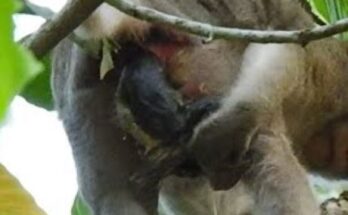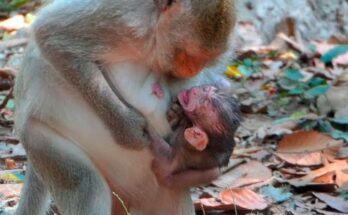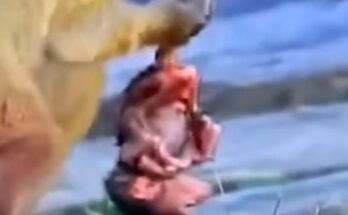A mother monkey’s bond with her baby is typically strong and nurturing, but there are instances where a mother may reject or neglect her offspring. This behavior, while uncommon, can occur due to a variety of reasons rooted in biological, environmental, and psychological factors.
One primary reason is the mother’s health and condition. If the mother is malnourished, weak, or stressed, she might lack the energy or resources to care for her baby. Survival instincts can take precedence, leading her to prioritize her own well-being over the offspring. This behavior, while harsh, is nature’s way of ensuring the survival of the species.
Another possible reason is the health of the baby monkey. If the infant is sick, weak, or has a congenital disability, the mother might instinctively reject it. In the wild, caring for a sick or weak baby could compromise the mother’s ability to care for future offspring or herself, making rejection a survival mechanism.
Social dynamics within a monkey troop can also play a role. In some species, lower-ranking mothers face harassment or stress from higher-ranking individuals, affecting their ability to care for their young. This social pressure might lead to neglect or abandonment.
First-time mothers may also lack the experience to care for their infants properly. Without adequate maternal instincts or learning from observing others, they may inadvertently neglect their babies.
Environmental stressors, such as habitat destruction, scarcity of food, or threats from predators, can further exacerbate a mother’s inability to nurture her baby.
While such behaviors seem cruel, they often stem from the harsh realities of survival in the animal kingdom. Understanding these dynamics helps us recognize the complex interplay of biology and environment in shaping animal behavior, reminding us that nature operates with its own set of rules.
4o


